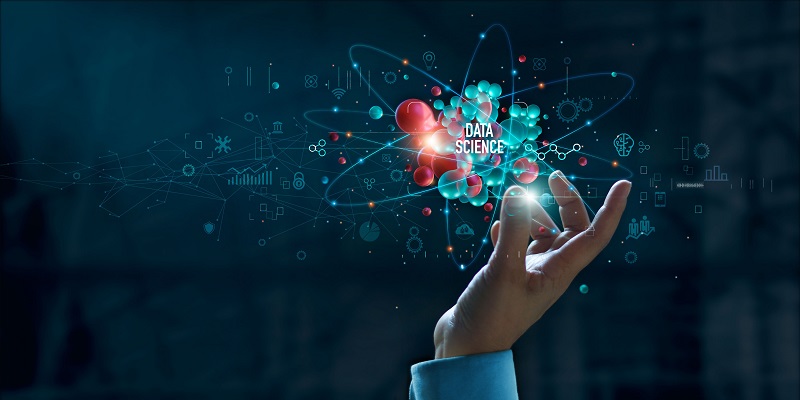In today’s data-driven society, the rise of Big Data has given birth to two new industry buzzwords: Data Science and Data Analytics. These two terms are often used interchangeably, but they each have a distinct set of goals and objectives. In this article, we will explore the difference between Data Science and Data Analytics in detail to provide a better understanding of the roles and scope of each field.
1. The Need for Data Science and Data Analytics
The digital world today generates an enormous amount of complex data that standard data processing tools cannot handle. To make sense of this vast amount of data, businesses require specialized tools and techniques, and this is where Data Science and Data Analytics come into play. These fields involve identifying patterns and drawing insights from vast amounts of raw data, which can then be used to drive business decisions.
2. Relationship Between Data Science and Data Analytics
Although Data Analytics is seen as an integral part of Data Science, it actually falls under the broader umbrella of Data Science. Data Science encompasses a range of activities that include collecting, cleaning, processing, and analyzing data. On the other hand, Data Analytics is primarily concerned with identifying trends, evaluating large amounts of data quickly, and finding productive uses for data within an organization.
3. The role of Data Scientists
The role of Data Scientists is crucial in analyzing and interpreting massive amounts of data used in today’s digital world. They apply their expertise in mathematics, statistics, and computer science to clean, analyze, and evaluate data using a combination of mathematical, statistical, and machine learning techniques. Data Scientists also work on identifying novel and original issues that have the potential to spur commercial innovation, focusing on deriving insights from the data that organizations can use to improve their operations, gain a competitive edge, or find new opportunities to grow.
4. The role of data analysts
The role of data analysts is to specialize in gathering and analyzing vast amounts of data to find patterns relevant to an organization’s goals. They evaluate data sets to identify trends, develop conclusions, and draw actionable insights that can be used to improve business processes. Data analysts use a combination of database management, data mining, data modeling, and data analysis techniques to accomplish their tasks.
5. Required Skills for Data Scientists
To become a data scientist, one must have a strong foundation in computer programming, including Python, R, and SQL. Additionally, one must be able to work with large datasets, perform predictive modeling, and have a solid understanding of machine learning. A strong background in mathematics and statistics is also essential, as these skills form the foundation for most data science techniques.
6. Required Skills for Data Analysts
For those interested in pursuing a career in Data Analytics, several key skills are required. Knowledge about database administration and visualization, data mining, data modeling, data warehousing, and data analysis is critical to success in this field. Additionally, one must be comfortable working with large and complex datasets, able to identify trends in the data, and develop insightful conclusions that can be used to improve organizational processes.
Remuneration in Data Science and Data Analytics
Both Data Science and Data Analytics are well-compensated fields due to their increasing importance in today’s digital world. Data scientists typically earn more, given the specialization required and the level of expertise needed for the job. However, Data Analysts also earn competitive salaries and benefits, considering the critical nature of their roles in driving business decisions.
In conclusion, Data Science and Data Analytics are two distinct fields that play a crucial role in analyzing and interpreting the vast amounts of data generated in today’s digital world. While both fields aim to derive insights from data, they differ in their goals and methods. Data Science focuses on identifying new problems and creating commercial innovations, while Data Analytics is focused on identifying trends and applying data insights to improve organizational processes. Regardless of which field one chooses, it is essential to have the right skills, including programming, statistics, mathematics, and data analysis. Both fields offer strong career prospects and remuneration, making them attractive options for those looking to pursue a career in the data-driven industry.

